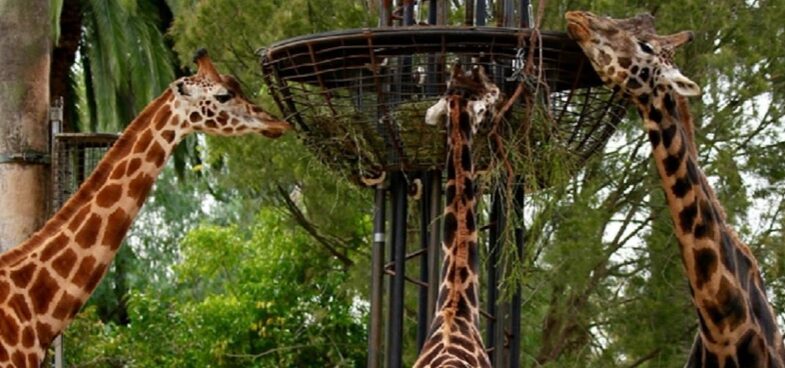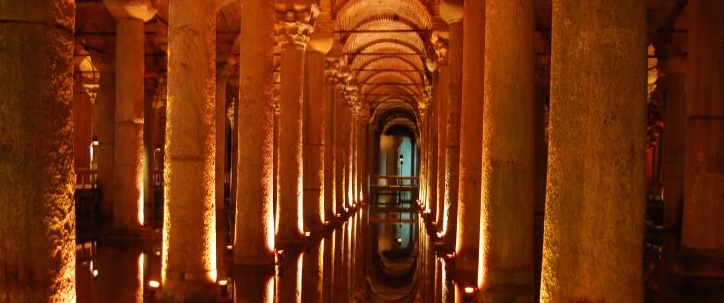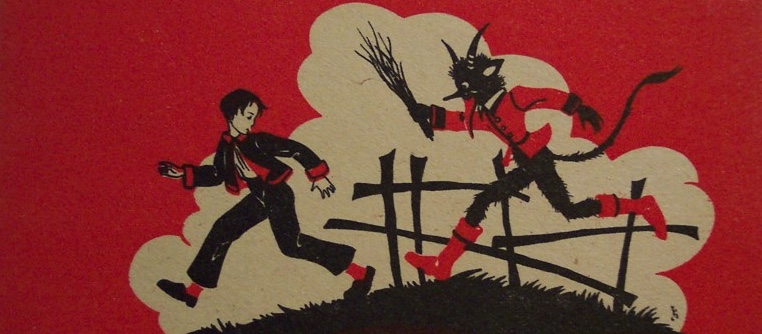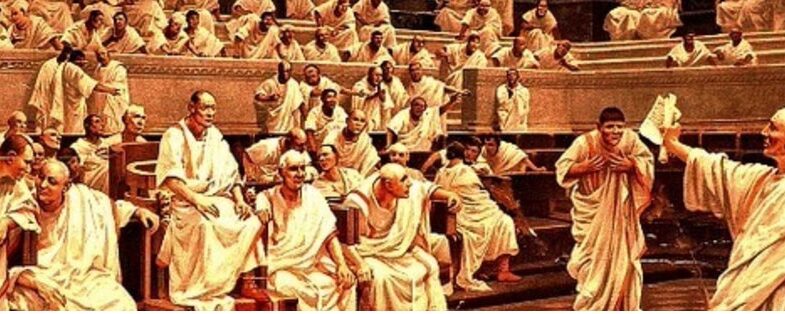To start at the beginning of the story go here.
Mitnick shuffled away again and I used the space to gulp down air. “Before I corrected the situation, Nika would go into town and spend time with Lanzo at this club, this Factory.”
“Is that what he wanted to talk to you about at the casino?”
Mitnick rocketed a three fist combo that brought him closer. “You were at the uncle’s shop. You were at the Factory. You have been many places Nika has been. Many places this Lanzo has been.”
“I’ve been a lot of places you’ve been.”
“Exactly. You are the common denominator.” As if rewarding me for this, Mitnick landed another pattern of blows. “You know Sartre, you know Lanzo, Nika, the police and myself. In all of this, where would Nika have gone?”
I had been playing defense this entire time and it wasn’t working. I stepped forward and launched a few heavy hands at his smiling face. In between his swift dodges, I said, “I’ve met your Nika one time.” I found myself quickly out of breath, my voice and my brain failing to produce more words beyond those.
“And yet you are at the center of all this.” Mitnick took my dispirited moment to step away, letting me get a good look at him before he stepped forward with another gloved bombardment. “If not this police man, this Rotella, who would help her? This Lanzo, his friends, these Idiots? Where would they hide her? This town is too small for any secrets to remain so for long.”
“Maybe she left town?” This possibility provoked Mitnick and he gave me two outside shots that I only managed to keep from bouncing off my head by keeping my gloves up. In retaliation, I added, “Maybe she’s dead.”
That was the wrong answer. The storm it unleashed from Mitnick pushed me back until I bounced off the ropes and into his fists and he just ping-ponged me there until he stepped away to let me fall onto my hands and knees. Somewhere far away, I could hear the audience’s sadistic laughter. I’m sure Pyotr was having a grand old time.
With the conviction of necessity Mitnick said, “No. She is alive.”
I tried to raise my head, but only managed to nod, acquiescing to Mitnick’s will. “Sure, OK, she’s alive.”
Mitnick’s trainers stepped into the area of the mat my increasingly narrow field of vision encompassed. “Where is Nika, American? In all of this, where would she hide?”
I couldn’t think, barely could breath, and the only thing popping into my head was the darkness of the hutch, and that I very much wanted to be there in its cool dark belly. I almost gave her up, right there. After all, what did I owe her? What did it matter if one over-privileged princess of the Russian kleptocracy had to stay in her gilded cage?
Instead, I bought some time by moving to my feet. Seeing that I had time to breathe, Mitnick started to move in again. I set my jaw and raised my fists, getting ready for his next assault. But then there was a buzzing sound that some deluded part of my brain decided was a boxing bell marking the end of the round.
It wasn’t until Brick waved a mobile phone at Mitnick that I realized it wasn’t. For a terrified moment I thought he was holding the phone Mitnick had given me and I tried to think who might be calling – was it Sartre? Rotella? I couldn’t know.
Whatever it was, Brick’s Slavic speech caused Mitnick to rip off a glove with his teeth and take the phone. After a terse greeting, Mitnick lapsed into an uncustomary silence that suffocated any chatter between the spectators.
When Mitnick did speak, it was in a brief, cold manner. With my head ringing it took me several moments to realize he was speaking in English, but even then I couldn’t understand him.
Mitnick made noises that could have been him ordering Chinese or making death threats. Then he stopped. He took the mobile away from his ear. I couldn’t see his face, but I could see his hand tremble with an effort to crush the phone.
When this failed he said, “Nika has been kidnapped.”
Unable to hold myself up any longer, I fell back against the ropes. “What?”
Mitnick repeated himself, loud enough that some of the men around the ring heard. Those that heard whispered it to others and the mood changed from gleeful sadism to worried wolf pack. Brick and Whip moved closer to the ring, inserting themselves between the Russians and Mitnick.
I watched this through my slightly blurry vision. “Who would be stupid enough to do that?”
Mitnick gave a bitter chuckle. “Someone who is at least intelligent enough to keep that hidden.” From that, I gathered that the Idiots hadn’t made the call.
Mitnick gestured Brick over and whispered something to him. Then, to my great relief, began unwrapping his hands.
I bought myself some time with, “What do they want?”
“They are demanding a ransom, of course. But have not said how much.” His tone suggested this was standard practice. One of the Russians, another pasty, stocky figure who’s vodka washed face began to redden said something irate, which Brick immediately quieted with a command. Mitnick gestured to Brick, though, giving everyone permission to be angry. He tossed the phone to him and began speaking in quick, guttural Slavic. I leaned against the ropes and was glad no one in the vicinity was under immediate suspicion.
I’m not sure how long they were in the huddle for, but when I lifted my head Mitnick was there. He held out the black burner from Simon’s, pushing it at me. “Go back into town. Keep this with you now. Wait for me to call. There is much to be done in a short time. We will need proof she lives, negotiate for her return. I will need eyes and ears in the city. You will do this.”
I nodded dumbly, grateful to be handed an assignment rather than more beatings. I doubted Mitnick suddenly trusted me, but I didn’t care. “What are you going to do?”
“I will find Nika and kill anyone involved in taking her.” It was the only time I had heard Mitnick speak plainly of violence and it boiled with anger under his calm. “Nika’s father is visiting soon. She must be here when this happens.” Mitnick pointed a finger under my noise. “Understand?”
I nodded. “When is soon?”
“Soon. He is Oleg Churbinov, an important man. If his daughter is not here when he arrives, this town will burn.”
“That’s the plan,” I mumbled, but no one heard me passed the mash Mitnick had made of my mouth. He stared hard at me, I nodded again. Mitnick dismissed me with a gesture to a corner. I stumbled to it, slumping against the pole. I stared dumbly at my hands, my brain trying to process how to get the gloves off while holding onto the mobile.
I did that until Brick arrived at my corner. Demonstrating a surprisingly gentle manner, the lummox took the phone and set it down, then unlaced my gloves. Unsurprisingly, my knuckles were the one part that remained unbruised.
Brick helped me off the platform and to my stuff where I fumbled back into my shirt and shoes. Somehow the mobile had made its way back into my hand, which I managed to get into a trench coat pocket before Brick guided me back to the SUV. He drove us to town, having the decency not to speak.
We were in front of Simon’s again before I knew what was happening. I stared at the tall doors without recognition for awhile before stupidly thanking Brick. As I stepped out, he said in a quiet and high voice, “Find Nika. Bring her back. She has nothing to do with this life. She deserves no harm.”
That’s exactly why I’m trying to get her out of town, I thought, but said nothing.
To read the next chapter, go here.
To read the previous chapter, go here.
To read the author’s published work, go here.
Read More »


























